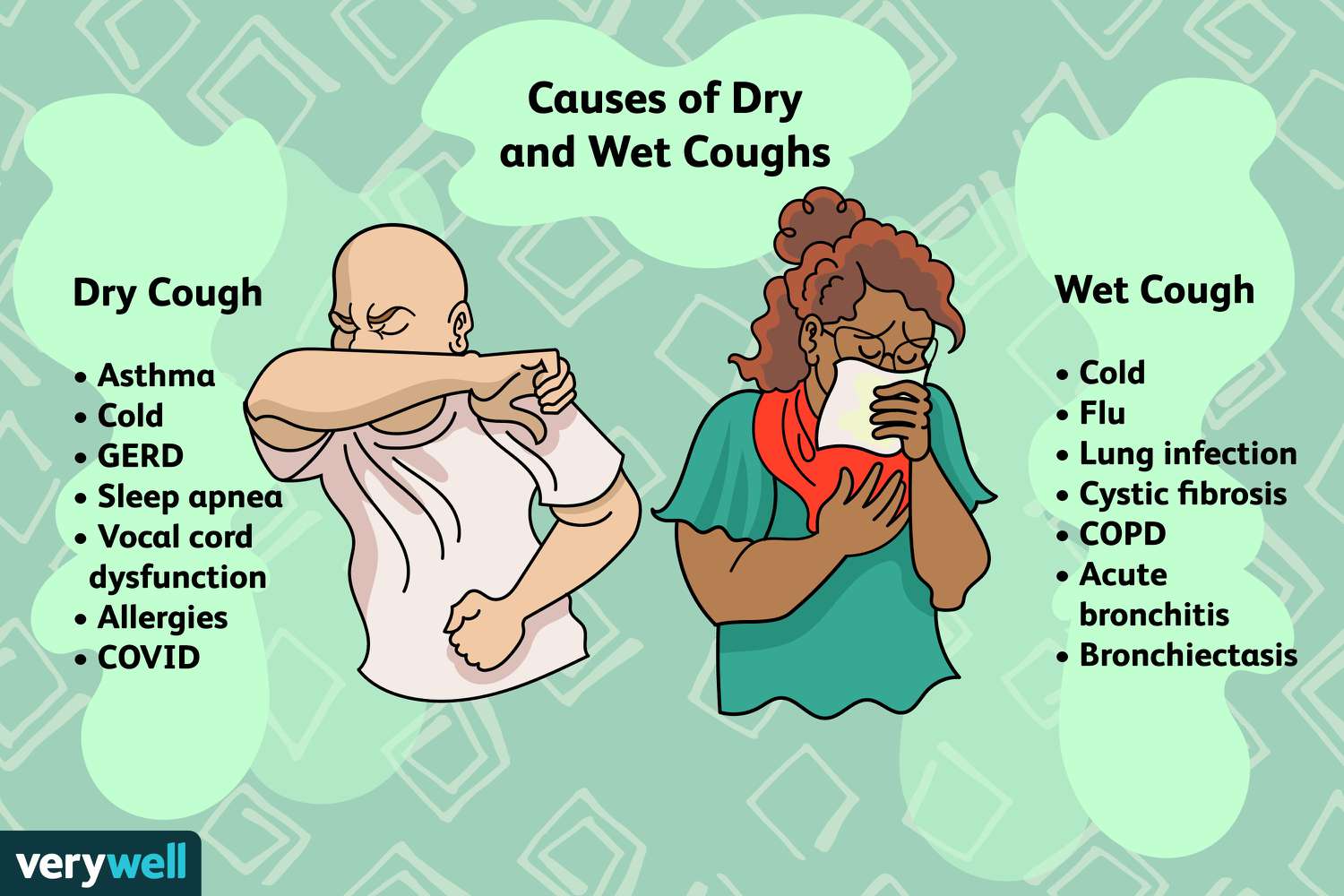The Mystery of a Productive Cough: Causes, Symptoms, and Remedies
A productive cough, though common, can often be a source of discomfort and concern. It’s not just a random cough; it serves a purpose – to clear mucus and irritants from your airways. In this comprehensive guide, we’ll explore everything you need to know about a productive cough, including its causes, symptoms, and effective remedies.
Understanding Productive Cough
Understanding what a productive cough is: A productive cough is characterized by the expulsion of mucus or phlegm from the respiratory tract. It’s often associated with underlying conditions, such as respiratory infections, allergies, or chronic illnesses.
Distinguishing between productive and non-productive coughs: It’s essential to differentiate between a productive cough, which expels mucus, and a non-productive cough, which doesn’t. The type of cough you have can provide valuable insights into your overall health.
Common Causes of a Productive Cough
A productive cough can stem from various factors, and understanding these causes is key to effective management:
Respiratory Infections:
Among the primary culprits are respiratory infections, including the common cold, flu, and bronchitis. These infections trigger the body’s defense mechanism, leading to excess mucus production and a productive cough.
Allergies and Environmental Factors:
Allergies to pollen, dust, or pollutants can irritate your airways, prompting a productive cough. Identifying and addressing allergens is crucial for symptom relief.
Signs and Symptoms of a Productive Cough
A productive cough is often accompanied by specific signs and symptoms, which can vary in intensity and duration. Understanding these indicators can help you identify and manage your condition effectively:
Excessive Mucus Production:
One of the hallmark signs is the presence of thick, colored mucus. The color can range from clear to yellow, green, or even rust-colored, depending on the underlying cause.
Throat Irritation:
A persistent, tickling sensation in the throat often accompanies a productive cough, leading to the need for constant clearing of the throat.
Importance of Seeking Medical Evaluation
While some productive coughs resolve on their own, others may signal a more serious underlying condition. It’s crucial to recognize when medical evaluation is necessary:
Prolonged Cough:
If your productive cough persists for more than three weeks or worsens over time, consult a healthcare professional.
Blood in Mucus:
The presence of blood in your mucus, even in small amounts, warrants immediate medical attention.

Natural Remedies for a Productive Cough
Effective management of a productive cough often begins with home remedies. Here are some natural remedies that can provide relief:
Honey and Lemon:
Mix honey and freshly squeezed lemon juice in warm water to soothe your throat and reduce coughing.
Steam Inhalation:
Inhaling steam from a bowl of hot water can help loosen mucus and ease chest congestion.
Over-the-Counter Medications
When home remedies aren’t sufficient, over-the-counter (OTC) medications can provide relief for a productive cough. It’s essential to choose the right OTC options and follow the recommended dosages:
Cough Suppressants:
OTC cough suppressants, often containing dextromethorphan, can help reduce the urge to cough. Use these as directed and consult a pharmacist if you have questions.
Expectorants:
Expectorant medications, like guaifenesin, can loosen mucus, making it easier to expel. Ensure proper hydration when using these products.
When to See a Doctor
While many productive coughs resolve with time and appropriate home care, certain situations warrant a doctor’s evaluation:
Persistent Cough:
If your cough persists for more than three weeks, it’s time to see a healthcare professional to rule out underlying issues.
Blood in Mucus:
The presence of blood in your mucus, even in small amounts, should never be ignored. Seek immediate medical attention.
Preventing a Productive Cough
Preventing a productive cough involves lifestyle adjustments and proactive measures:
Smoking Cessation:
If you smoke, quitting is the single most effective step you can take to prevent a cough and improve your overall health.
Allergen Avoidance:
Identify and minimize exposure to allergens that trigger coughs. Use air purifiers and keep your living space clean.
FAQs about Productive Cough
Q1. What is the main difference between a productive and non-productive cough?
A productive cough involves the expulsion of mucus or phlegm from the respiratory tract, while a non-productive cough does not result in mucus production.
Q2. When should I be concerned about a productive cough?
You should be concerned if your productive cough persists for more than three weeks, is accompanied by blood in mucus, high fever, or severe symptoms, or if you have a pre-existing chronic respiratory condition.
Q3. Are over-the-counter cough medications safe to use?
When used as directed, over-the-counter cough medications are generally safe. However, it’s essential to read labels, follow dosages, and consult a pharmacist or healthcare professional if you have questions or concerns.
Conclusion
In conclusion, a productive cough is a common symptom with various causes and potential remedies. Understanding the underlying factors, recognizing when medical evaluation is necessary, and utilizing natural remedies or OTC medications can make a significant difference in managing this condition. By prioritizing your respiratory health and taking proactive measures, you can minimize the impact of a productive cough on your daily life.




